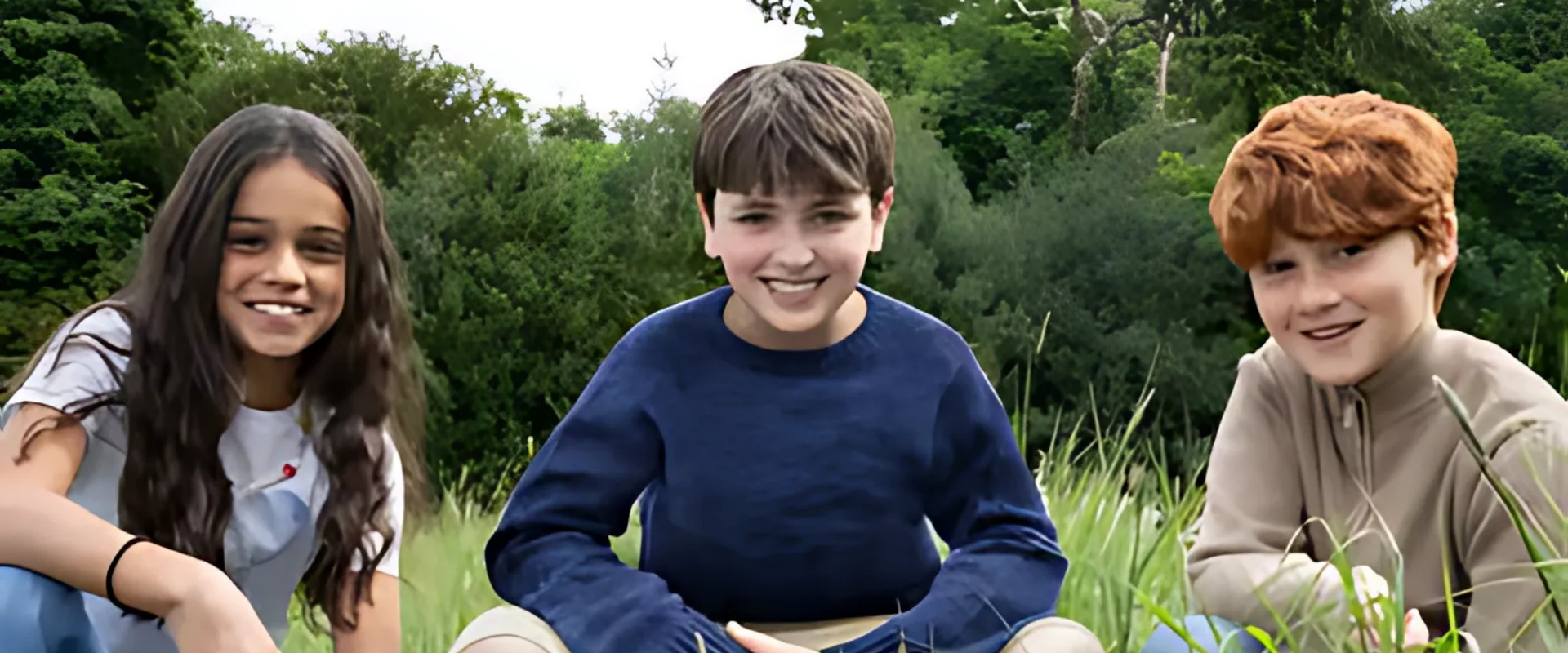London, 29 May 2025 – This week, HBO unveiled the casting of Dominic McLaughlin, Arabella Stanton and Alastair Stout as Harry Potter, Hermione Granger and Ron Weasley in its eagerly anticipated seven-season television adaptation of the cherished novels. At just 10 or 11 years old, these three young performers are about to step into roles that, almost a quarter-century ago, launched Daniel Radcliffe, Emma Watson and Rupert Grint into the fiercest glare of international fame. Yet despite technological advances and shifting attitudes, today’s media landscape remains a perilous arena for child actors in blockbuster franchises.
Back in 2001, Watson was scarcely into her pre-teens when she was cast as Hermione. Almost immediately, the press descended with a voracious appetite for every scrap of scandal. By her mid-teens, tabloid editors had doctored a poster to exaggerate her figure, a grotesque invasion of privacy that pre-empted countless headlines. On her 18th birthday night, paparazzi lay in wait to snap upskirt images, only made legally publishable by the stroke of midnight. Watson later recounted the ordeal in a UN HeforShe speech, highlighting how the media’s cruelty inflicted emotional wounds deeper than any fictional curse.
Radcliffe, meanwhile, struggled privately. The interminable scrutiny led him to drink heavily to blot out the sensation of being constantly watched. “The quickest way to forget about the fact that you’re being watched is to get very drunk,” he admitted to The Independent, confessing that he sometimes arrived on set still intoxicated. Grint too suffered an identity crisis, telling HBO’s Return To Hogwarts reunion special how he “lost track of who I was and who the character was”, feeling he had become nothing but Ron Weasley.
Despite the passage of time and the demise of the most salacious tabloid tactics, modern technology has handed every passer-by a smartphone camera, turning the public into de-facto paparazzi. Online platforms, meanwhile, magnify fan obsessions and enable harassment on an unprecedented scale. Recent examples include Bella Ramsey enduring relentless trolling from The Last of Us gamers, and Daisy Ridley withdrawing from Instagram after intolerable abuse, much of it laced with sexism and racism. John Boyega, too, bore the brunt of racial vitriol in the Star Wars sequel era.
While Emma Watson and her former co-stars have since managed to carve out adult careers—Watson pivoting to activism and academia, Radcliffe pursuing eclectic arthouse roles, and Grint choosing selective appearances—the fresh trio face a daunting path. The concept of “typecasting” remains potent: child actors can find themselves forever associated with a single character, their own identities subsumed by the roles that made them famous. The pressure to transition successfully into grown-up parts can be overwhelming, and failure often leaves former stars stranded on the fringes of the industry.
Complicating matters is the author at the heart of the franchise. J.K. Rowling’s outspoken views on transgender rights have sparked furious debate, forcing actors and producers alike to navigate a minefield of fan sentiment. While HBO boss Casey Bloys has assured viewers that Rowling’s personal politics will not “secretly infuse” the series, the reality is that controversies swirl online every time her name appears. Expect those three young performers to be caught in crossfire they neither asked for nor understand.
HBO must accept a duty of care far greater than merely providing set security. These children will require guardianship over their digital footprints, rigorous media training and access to psychological support every bit as robust as their stunt coordinators and costume fittings. Schools of acting and unions have long warned of the perils of fame for minors. It is high time networks treated these recommendations as mandatory protocol rather than optional extras.
As Arabella Stanton, Dominic McLaughlin and Alastair Stout prepare to bring the magical world of Hogwarts to life anew, fans will doubtless celebrate their arrival. Yet we should not lose sight of the real children behind the characters. The glitter of premiere nights and merchandise deals can quickly fade into long nights of invasive headlines and the ache of lost anonymity. Without steadfast support, these young performers risk inheriting a curse far more enduring than any spell – the burden of fame itself.






